Dr Patricia McHugh
Lecturer in Marketing;
Programme Director MSc Digital Marketing Programme
J.E. Cairnes School of Business and Economics, University of Galway


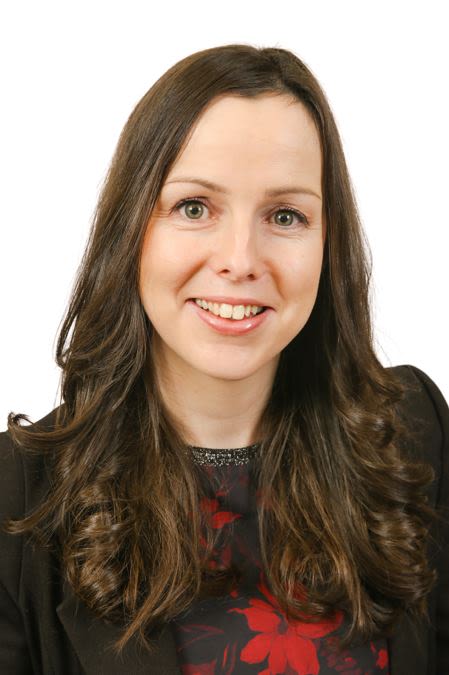
Patricia's research interests and expertise lie in the areas of behaviour change, stakeholder engagement, value co-creation, networks, reflexivity and impact. Patricia’s passion for achieving change and societal impact has led her to spend the last 15 years designing and implementing Stakeholder Engagement Strategies and Co-Creation Toolkits for Environmental Behaviour Change.
Patricia is a Co-Principal Investigator on a recently funded project by the Marine Institute entitled MASTS (Monitoring the Attitudes of Society Towards our Seas). She was also a Co-Principal Investigator on the Horizon 2020 Project SOPHIE (Seas and Oceans for Public Health in Europe). This role involved coordinating and facilitating multi-actor stakeholder conversations to design a strategic research agenda for Oceans and Human Health in Europe.
Patricia's work contributes primarily to these SDGs

In 2018 Patricia was nominated by the Marine Institute of Ireland as an expert to represent Ireland on the United Nations World Ocean Assessment-II (WOA-II) Panel.
Key Targets: 13.3 Build knowledge and capacity to meet climate change
17.6 Knowledge sharing and cooperation for access to science, technology and innovation
Patricia received a Dean’s Award for Inclusive Teaching in 2020. She won Outstanding Reviewer for the Journal of Social Marketing in the 2019 Emerald Literati Awards. Patricia was also awarded Highly Commended Paper at the 2019 World Social Marketing Conference and won Best Research Paper at the 2018 European Social Marketing Conference.
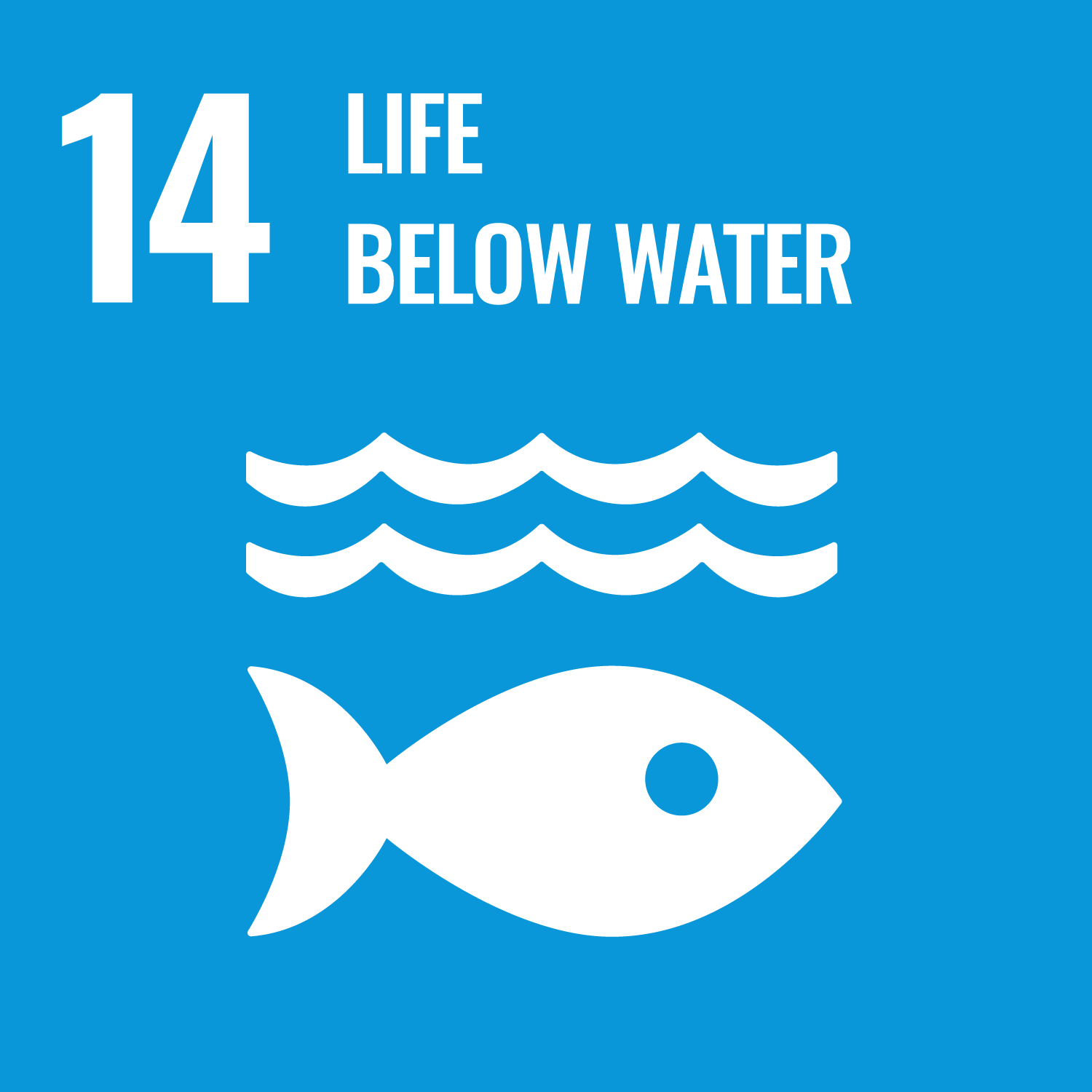
Teaching
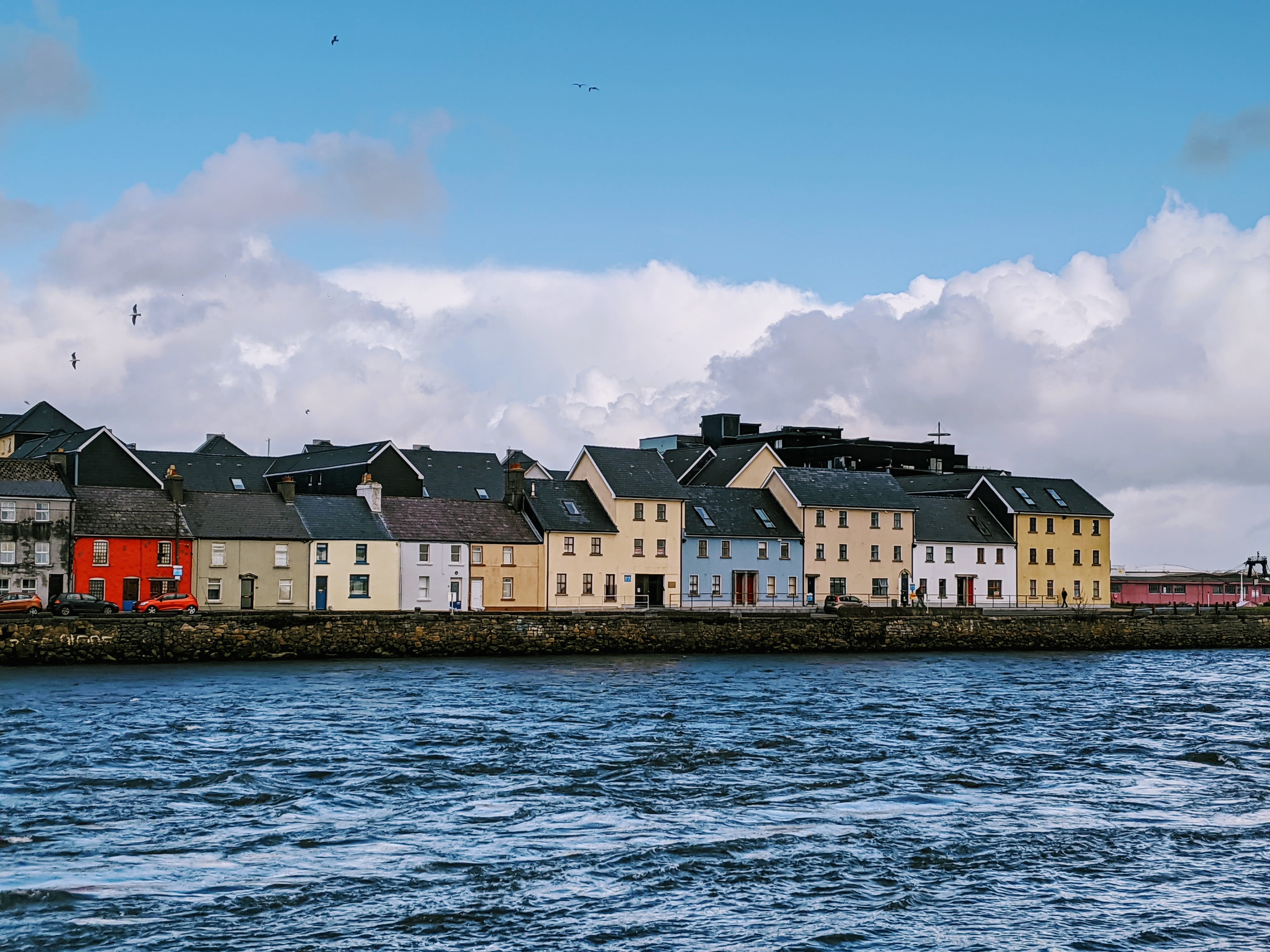
Toolkits for Change
For the last 5 years, Professor Domegan and Dr McHugh’s research-led, innovative toolkit for environmental behaviour change and stakeholder engagement has been integrated into teaching marketing students about social issues and problems related to the Sustainable Development Goals (SDGs).
The toolkit fosters problem-solving and enquiry and research-based learning (EBL and RBL). Students take on real-world challenges related to health and wellbeing or green and blue spaces and use the resources, tools and worksheets in the toolkit to design highly impactful interventions for change.
The toolkit has contributed to the experiential learning of students, and also empowers them in becoming agents of change because they develop the practical skills, knowledge and confidence to tackle complex behavioural and social issues facing society.
Supporting SDGs 3, 4, 9, 11, 13, 14, 15 & 17
Patricia's research-led teaching style incorporates examples, content and innovative research methodologies from her research projects in the classroom.
Engagement
Patricia delivered a training webinar entitled Increasing Social Inclusion Through Mission Ocean Projects as part of the 2023 PREP4BLUE Webinar series: Planning for Citizen Participation in Mission Ocean & Waters.
Patricia has been involved in a number of research projects within the area of health, having investigated a Healthcare Worker Flu Vaccination Strategy with HSE West and CHOICES (Collective Health Options and Intelligence for a Citizen Empowered Society) with safefood's Operation Transformation community groups. As a result of her work, Patricia delivers behavioural change training workshops to national and international environmental, marine and health organisations.
Patrica was a Postdoctoral Researcher on the European-funded projects Sea Change and Sea for Society where she designed and implemented a Co-Creation Toolkit and an Impact Assessment Framework for Environmental Behaviour Change and Engagement.
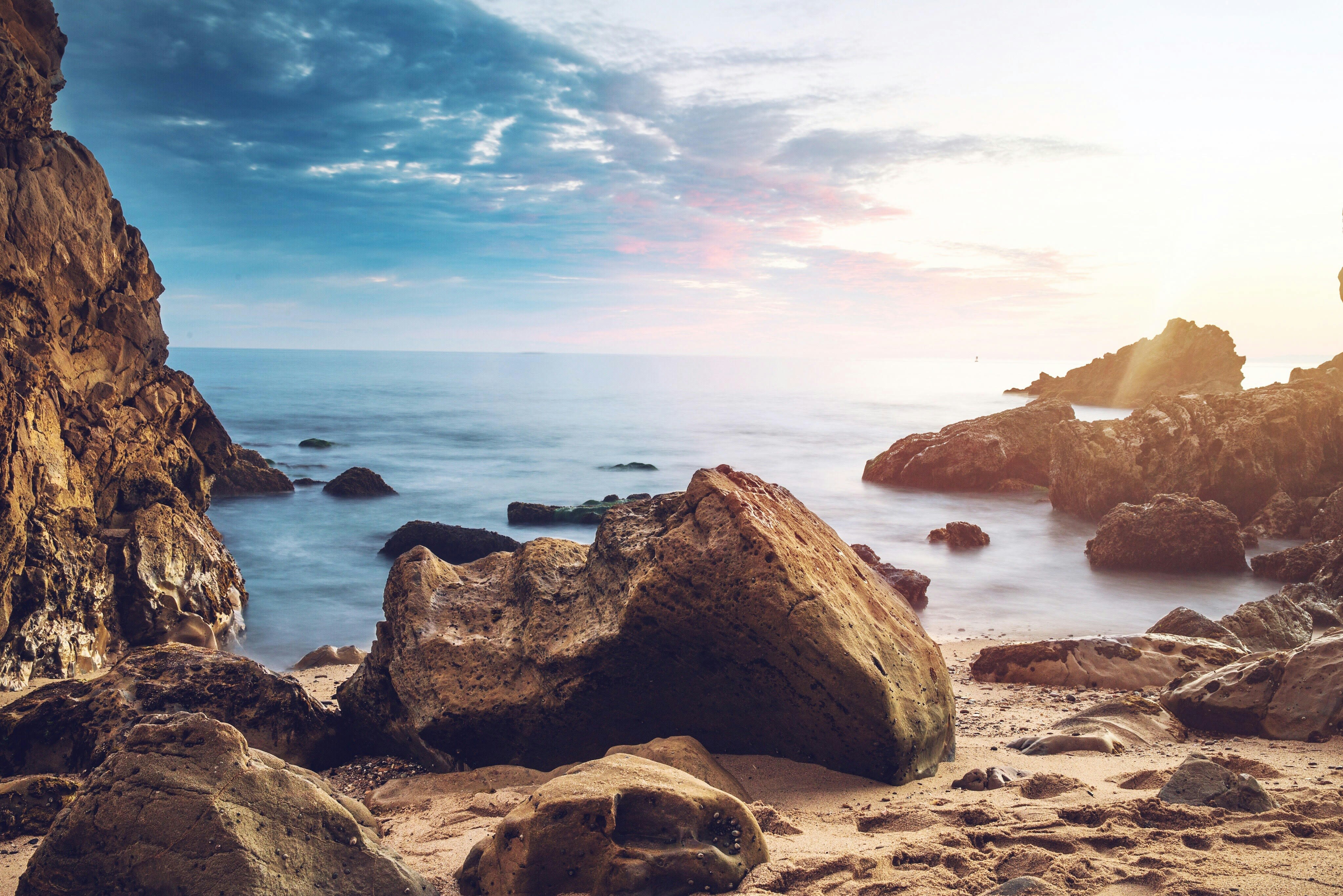
Direct impact SDG Targets
1.4 - Equal rights to ownership, basic services, technology and economic resources
13.3 - Build knowledge and capacity to meet climate change
14.1 - Reduce marine pollution
14.2 - Protect and restore ecosystems
14.3 - Reduce ocean acidification
14.4 - Sustainable fishing
14.5 - Conserve coastal and marine areas
14.6 - End subsidies contributing to over fishing
14.7 - Increase the economic benefits from sustainable use of marine resources
14.A - Increase scientific knowledge, research and technology for ocean health
16.8 - Strengthen the participation in global governance
17.9 - Enhance SDG capacity in developing countries
17.14 - Enhance policy coherence for sustainable development
17.16 - Enhance the global partnership for sustainable development
17.17 - Encourage effective partnerships
17.19 - Further develop measurements of progress
Indirect SDG Targets
1.5 - Build resilience to environmental, economic and social disasters
2.4 - Sustainable food production and resilient agricultural practices
3.3 - Fight communicable diseases
3.B - Support research, development and universal access to affordable vaccines and medicines
4.2 - Equal access to quality pre-primary education
4.7 - Education for sustainable development and global citizenship
6.3 - Improve water quality, wastewater treatment and safe reuse
6.4 - Increase water-use efficiency and ensure freshwater supplies
6.6 - Protect and restore water-related ecosystems
6.A - Expand water and sanitation support to developing countries
6.B - Support local engagement in water and sanitation management
7.1 - Universal access to modern energy
7.2 - Increase global percentage of renewable energy
7.3 - Double the improvement in energy efficiency
8.4 - Improve resource efficiency in consumption and production
8.9 - Promote beneficial and sustainable tourism
9.1 - Develop sustainable, resilient and inclusive infrastructures
9.4 - Upgrade all industries and infrastructures for sustainability
10.2 - Promote universal social, economic and political inclusion
11.2 - Affordable and sustainable transport systems
11.7 - Provide access to safe and inclusive green and public spaces
11.B - Implement policies for inclusion, resource efficiency and disaster risk reduction
12.1 - Implement the 10-year Sustainable Consumption and Production Framework
12.2 - Sustainable management and use of natural resources
12.3 - Halve global per capita food waste
12.5 - Substantially reduce waste generation
12.6 - Encourage companies to adopt sustainable practices and sustainability reporting
12.8 - Promote universal understanding of sustainable lifestyles
13.1 - Strengthen resilience and adaptive capacity to climate related disasters
13.2 - Integrate climate change measures into policies and planning
13.A - Implement the UN Framework Convention on climate change
13.B - Promote mechanisms to raise capacity for planning and management
14.B - Support small scale fishers
15.1 - Conserve and restore terrestrial and freshwater ecosystems
15.9 - Integrate ecosystem and biodiversity in governmental planning
16.7 - Ensure responsive, inclusive and representative decision-making
17.6 - Knowledge sharing and cooperation for access to science, technology and innovation
17.15 - Respect national leadership to implement policies for the sustainable development goals
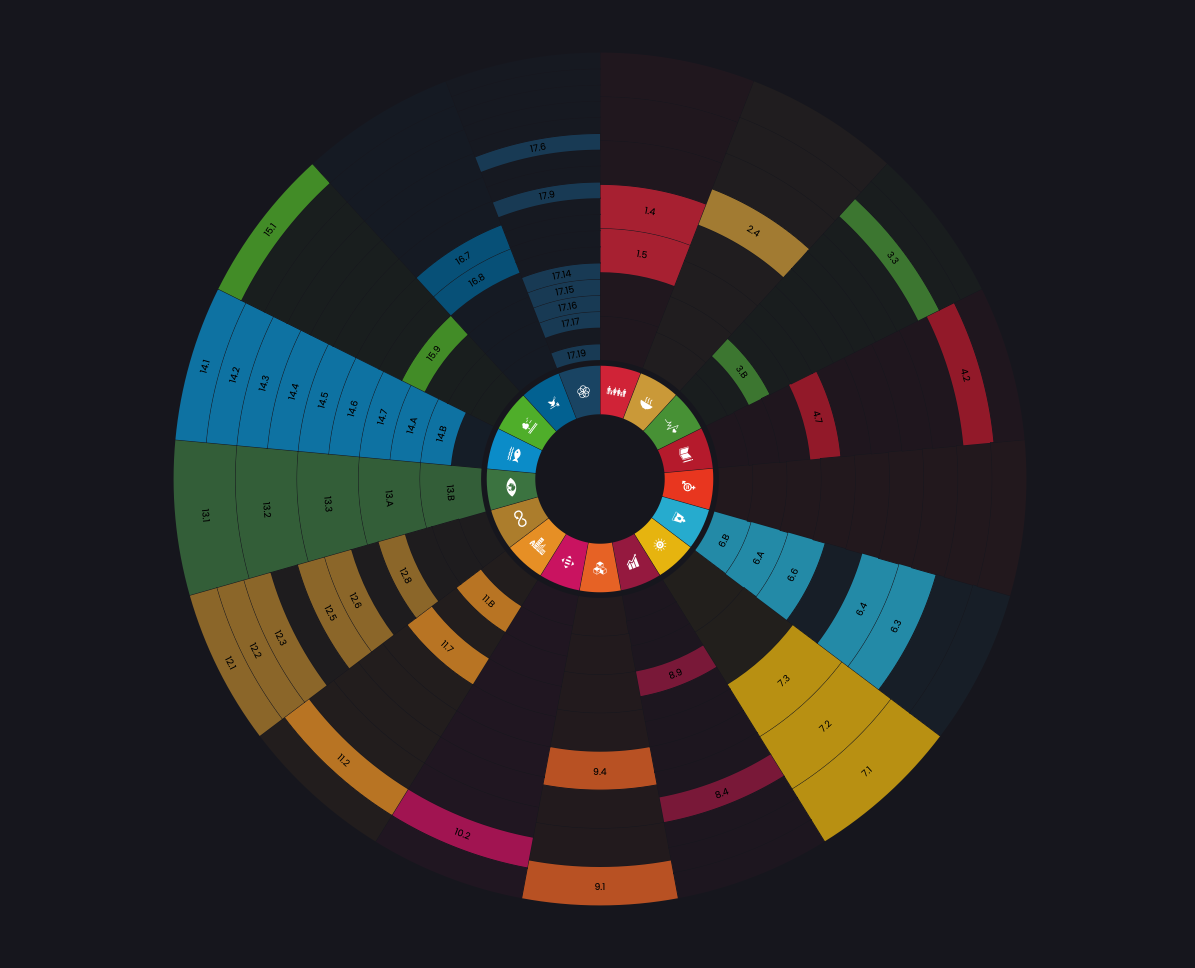
Seas, Oceans and Public Health in Europe (SOPHIE) is a pan-European initiative to coordinate research into the complex links between the marine environment and human health and wellbeing.
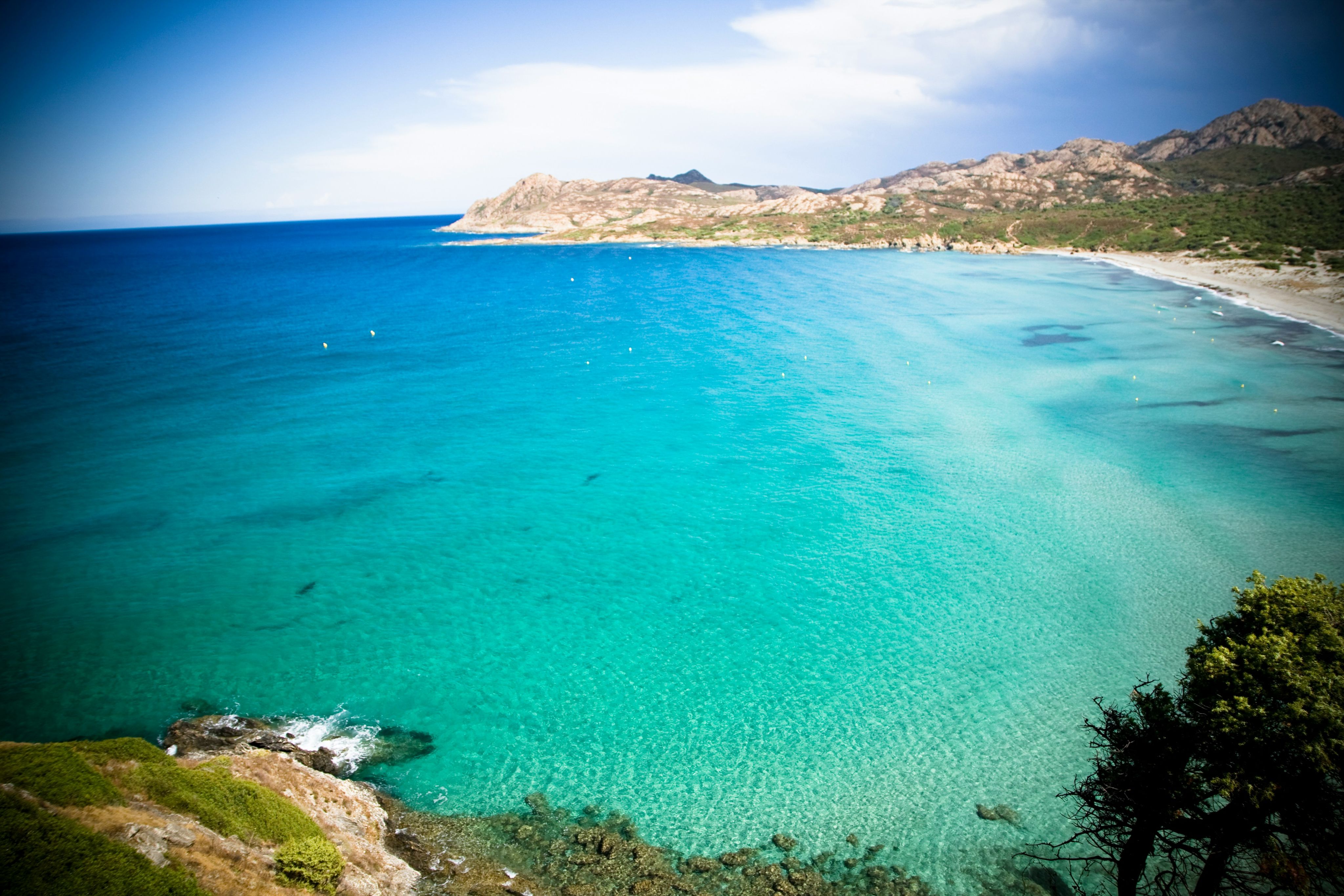
Research

Featured Publications
|
References |
SDGs |
|---|---|
|
McHugh, P., Dromgool-Regan, C., Domegan, C., Burke, N. (2023) Collective Impact for Ocean Literacy – Inspiring the Next Generation of Ocean Champions using Social Marketing. European Journal of Marketing, Vol. ahead-of-print No. ahead-of-print. https://doi.org/10.1108/EJM-05-2023-0414 |
4 ; 13; 14; 17 |
|
Brychkov, D., Domegan, C., McHugh, P. (2022). Coming and Going in Loops: Participatory Modelling of a System with All Its Complexity. Journal of Macromarketing, 42(1), 12-29. |
3; 9; 11; 17 |
|
Parveen, S., Garzon-Orjuela, N., Amin, D., McHugh, P., Vellinga, A. (2022). Public Health Interventions to Improve Antimicrobial Resistance Awareness and Behavioural Change Associated with Antimicrobial Use: A Systematic Review Exploring the Use of Social Media. Antibiotics, 11(5), 669. https://doi.org/10.3390/antibiotics11050669 |
3 |
|
Garcia-Soto, C., Seys, J. C., Zielinski, O., Busch, J. A., Luna, S. I., Baez, J.C., Domegan, C., Dubsky, K., Kotynska-Zielinska, I., Loubat, P., Malfatti, F., Mannaerts, G., McHugh, P., Monestiez, P. , van der Meeren, G. I., Gorsky, G. (2021). Marine Citizen Science: Current State in Europe and New Technological Developments. Frontiers in Marine Science, 8. https://doi.org/10.3389/fmars.2021.621472 |
13; 14; 15 |
|
Britton, E., Domegan, C., McHugh, P. (2021). Accelerating Sustainable Ocean Policy: The Dynamics of Multiple Stakeholder Priorities and Actions. Marine Policy, 124. https://doi.org/10.1016/j.marpol.2020.104333 |
13; 14; 17 |
|
Domegan, C., Brychkov, D., McHugh, P., McNamara, Á., Harkin, K., Fitzgerald, C., O'Donovan, D. (2020). Marketing Systems: A Listen, Learn, Leverage Framework. Journal of Macromarketing, 40(3), 380-395. |
3 |
|
Domegan, C., McHugh, P., Flaherty, T., Duane, S. (2019). A Dynamic Stakeholder Engagement Framework for Challenging Marketing System Times. Journal of Macromarketing, 39(2), 136-150. |
17 |
|
McCauley, V., McHugh, P., Davison, K., Domegan, C. (2019). Collective Intelligence for Advancing Ocean Literacy. Environmental Education Research, 25(2), 280-291. |
4; 13; 14 |
|
McHugh, P., Domegan, C., Duane, S. (2018). Protocols for Stakeholder Participation in Social Marketing Systems. Social Marketing Quarterly, 24(3), 164-193. |
17; 14 |
|
Fauville, G., McHugh, P., Domegan, C, Mäkitalo, Å., Friis Møller, L., Papathanassiou, M., Chicote, C., Lincoln, S., Batista, V., Copejans, E., Crouch, F., Gotensparre, S. (2018). Using Collective Intelligence to Identify Barriers to Teaching 12-19 Year Olds about the Ocean in Europe. Marine Policy, 91, 85-96. |
4; 13; 14 |
